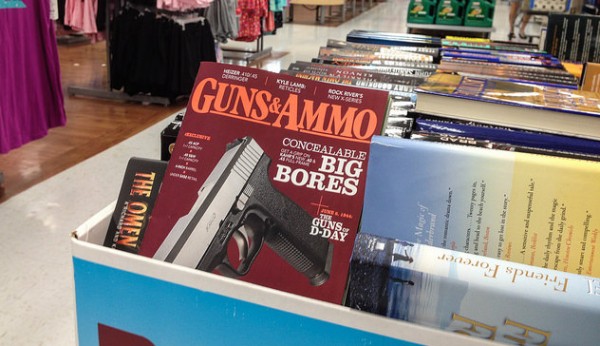
Many factors predict rates of gun ownership, including race, education and income levels, political-party affiliation, and local crime rates. But what about legislation and statements from local politicians and media? Do these factors also influence gun sales? University of Washington professor (and current Robert Wood Johnson Foundation Scholar in Health Policy at the University of Michigan) Rene D. Flores’ research explores the relationship between the two.
Flores tests whether an increase in anti-immigration ordinances or arguments predicts an increase in gun sales within twenty-four Pennsylvania counties. Using administrative data from the countries themselves, he shows how proposed anti-immigrant laws, such as increased deportation power or English-only mandates, predicts an increased sale of handguns. Even after controlling for other factors that predict gun ownership, proposed anti-immigrant ordinances and rates of gun sales track each other closely. Flores also finds a similar link between anti-immigrant-ordinances and subsequent handgun purchases in South Carolina.
Flores suggests the relationship springs from the rhetoric used by politicians and media outlets that describes immigrants as criminal, violent, and dangerous. When immigrants or other populations are portrayed negatively in this way, social anxiety can catch fire in native populations. He tests this claim by examining how, after anti-immigrant ordinances are proposed in Pennsylvania counties, local media run more stories linking immigrants to crime and violence. He suggests that these stories either cause or reflect a change in local attitudes toward immigration—one that results in increased anti-immigration sentiment and gun sales. In short, anti-immigration legislation and rhetoric can shape public attitudes, and social anxiety can predict the likelihood that locals “lock and load.”

Comments